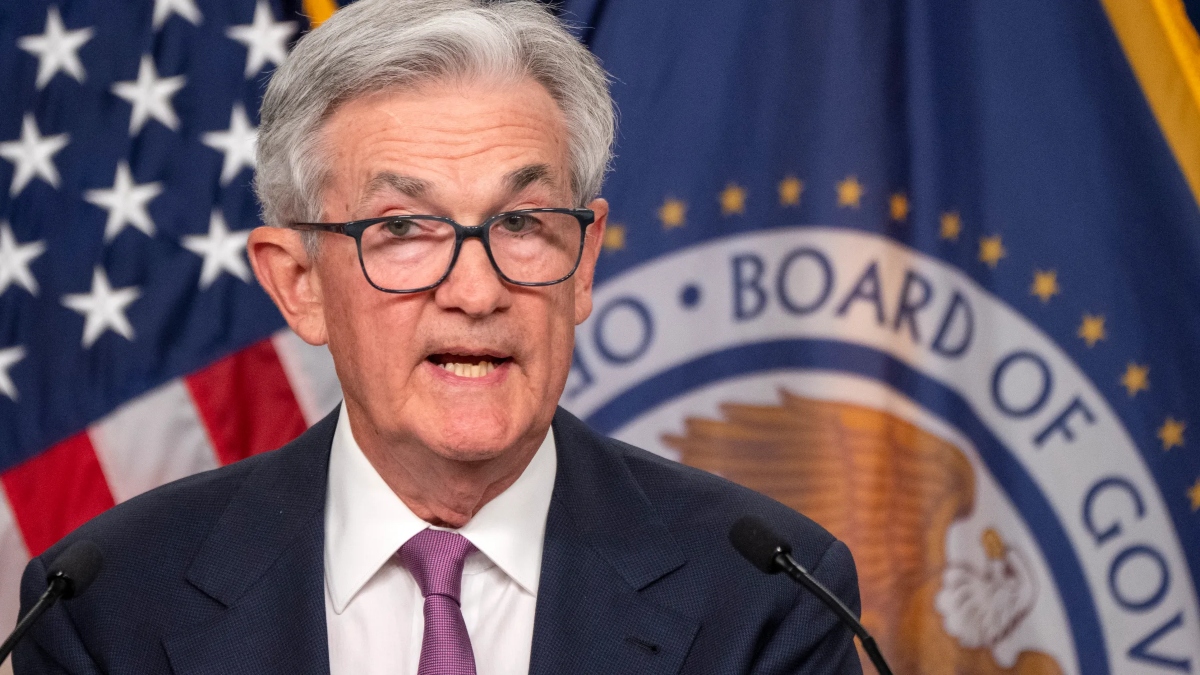Key Insights
- The US Federal Reserve has decided to maintain the interest rate at 5.25–5.5%. Inflation remains a concern.
- The Fed anticipates the interest rate may increase to 5.5-5.75% by the end of 2023, with a slight revision in the 2024 rate cut forecast.
- US inflation continued to rise, reaching 3.7% in August, and core inflation, excluding food and energy prices, slowed to 4.3% annually.
The US Federal Reserve kept the interest rate unchanged – in the range of 5.25–5.5%, according to a message on the regulator’s website.
The Fed’s assessment of the US economy is characterized by robust expansion, and low unemployment rates, but persistent concerns regarding elevated inflation.
The Federal Reserve has also taken note of the tightening credit conditions affecting both households and businesses, recognizing the potential repercussions on economic activity, employment statistics, and inflation.
However, the precise extent of these effects remains uncertain, according to the regulator. The Federal Reserve emphasized its vigilant monitoring of inflationary risks and its unwavering commitment to bringing inflation back to its target of 2% annually.
Furthermore, the Fed expressed its readiness to make adjustments to its monetary policy should any risks arise that pose a threat to the realization of its objectives.
Looking ahead to the conclusion of 2023, market analysts predict another uptick in the base interest rate. The prevailing consensus among most Federal Reserve officials is that it will reach a peak of 5.5-5.75%, representing a 0.25 percentage point increase from the current level, as reported by Reuters.
Fed revised its forecast for rate cuts for 2024
Additionally, the Federal Reserve has revised its outlook for 2024. It now anticipates a rate reduction of 0.5 percentage points, a shift from the previously projected full-point reduction in June, according to the same source.
Reuters noted that financial markets widely anticipated the Federal Reserve’s decision to maintain interest rates at their current levels on September 20.
It is worth noting that the US benchmark rate experienced a significant rise from nearly 0% in 2022 to over 5% by May 2023. However, the Federal Reserve has deliberately slowed the pace of these increases over recent months, as reported by Bloomberg.
In terms of inflation, the United States observed a consecutive increase in August for the second consecutive month, reaching 3.7% on an annual basis following July’s 3.2% reading.
A closer look at the data reveals a month-on-month price increase of 0.6% in August, a notable uptick compared to the +0.2% observed in July relative to June.
Concurrently, core inflation, which excludes volatile food and energy prices, moderated to 4.3% on an annual basis, down from July’s 4.7%. This marks the lowest level since September 2021. On a monthly basis, core inflation registered a 0.3% increase, representing the first substantial rise since February.


[…] a notable upswing driven by a renewed appetite for risk, and the optimism stemming from the United States Federal Reserve’s outlook on bond yields played a pivotal role in this […]
[…] borrowing costs are persistently elevated. This shift has taken root following a clear signal from Federal Reserve Chair Jerome Powell, reaffirming the central bank’s commitment to its […]
[…] The Federal Reserve left interest rates unchanged on Wednesday amid signs of economic resilience, signaling an extended tightening campaign ahead to combat stubborn inflation. […]